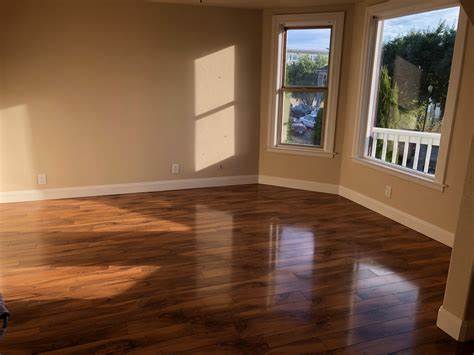If this is your first time to rent a house in a somewhere you first arrived, here are some tips you would like to follow:
1. Record all communication between you and the landlord. Email and SMS are a great way to record any communication. Even if you have a good relationship with your landlord, you should take the necessary steps to protect yourself from being embarrassed. (Things will soon get worse) Verbal promises are hard to prove in court.
2. Know your neighbors. This does not seem to be an important reminder, but your neighbors may be a valuable source of information. Your neighbor may know the area very well and can recommend a good dentist, auto repair shop or local restaurant. Moreover, your neighbor may know your landlord and former tenants. Knowing the history between your landlord and tenant can be important, especially if the landlord has not been able to repair the home.
3. If the property requires repair, please contact your landlord. As a tenant, if there is anything in the family that needs repair, you are responsible for notifying your landlord. If you are unable to get in touch with the landlord and the damage is getting worse over time, you may be liable for some damage because you have not been able to notify the landlord.
4. Do not smuggle your pet to the hotel without the permission of the landlord. If you plan to adopt a dog or cat, you need to get the landlord's consent. Many landowners do not allow animals to make a living from their property. Animals can cause great damage to a home. To be on the safe side, if you plan to get a goldfish, please apply for permission from your landlord.
5. Allow your landlord to check, but don't let your landlord harass you. The landlord can check their property as long as the tenant gets the appropriate notice. However, these checks must be made at a reasonable time and frequency. If the landlord goes to your home to "check" every few days, this may be considered harassment.
6. If you have a problem with your landlord, hire a lawyer to handle your landlord. Many dissatisfied landlords claim that the landlord has the ultimate power to "bull" the ignorant tenant. However, the tenant does have the right that the landlord cannot infringe. Even if the lawyer is expensive, the lawyer can protect your rights and ensure that your landlord will not use you. If money is a problem, a tenant protection organization can help you.
7. Take a photo of the house before you leave. Take photos of rooms, appliances, backyards, etc. It is important to visually record the condition of the hotel before moving out. Although most landlords have not done so maliciously, some landlords will deliberately damage their houses and accuse the previous tenants of causing damage.
8. Try to keep a good note. If you continue to rent in the future, your potential landlord may want to contact your former landlord. You don't want to lose a good rental property because your old landlord said bad things about you.
Find More

Welcome to HouseRentUS.com, your trusted online rental marketplace. We simplify the
connection between renters and property listings without participating in rental transactions or charging
users any fees. For a cost-free, efficient search for houses, apartments, and rental homes, our platform is
your go-to resource to find affordable housing across the USA.
We sustain our services through ad partnerships, including Google, ensuring a user-centric experience. By
interacting with ads, you support our mission to enhance your property search journey. Thank you for your
understanding and engagement.


